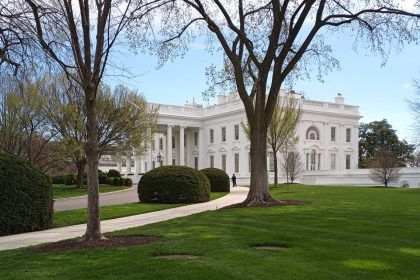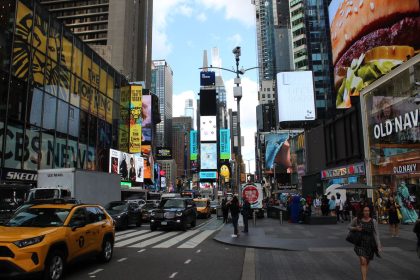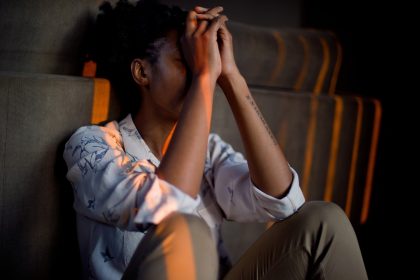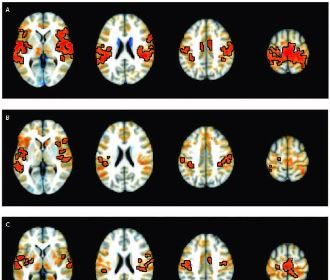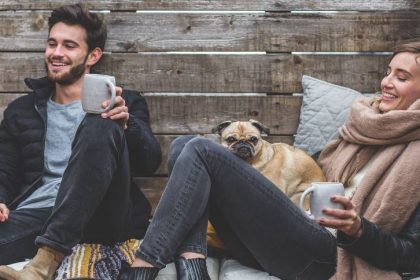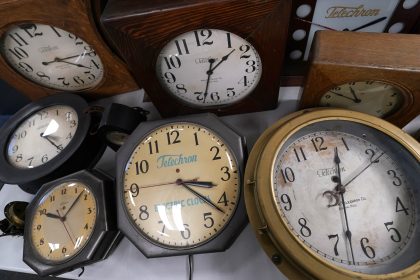Women in the Rockies Use Horses for Healing
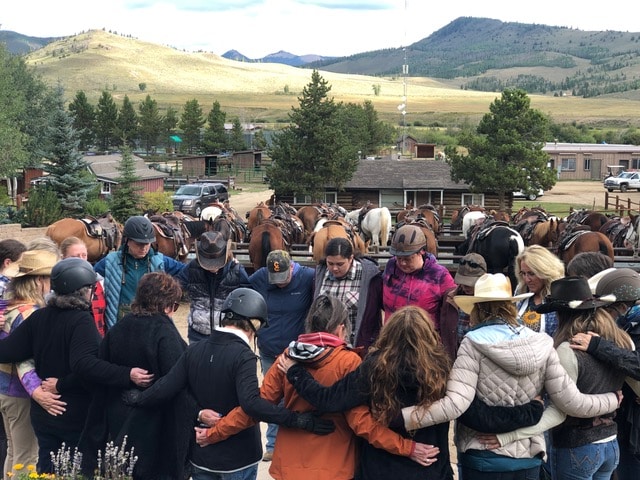
About 6 miles outside of a tiny town called Granby, Colo., is a little ranching community called C Lazy U Ranch nestled 8,000 feet high aside the cusp of the towering Rocky Mountains.
Entering the ranch is a dusty dirt road that leads to a vista of huge meadows and willow creek valleys where moose, elk, mountain lions, and coyotes roam free. The headwaters of the Colorado River are only three miles in one direction, with the continental divide 30 miles east.
Janet Solie, 62-year-old retired physician assistant from Calabasas, Calif., visited the ranch for 15 years with her family, and seven years ago decided to buy 35 acres of the 8,000-acre ranch in hopes of one day building a retreat.
As a physician assistant for a family practice for over 25 years, Solie had written a lot of prescriptions, but really believed in how changes in lifestyles can serve as a way to better health.
When she received an unexpected medical diagnosis, she saw it as an opportunity to move forward on her plans of bringing women to the ranch during the off-season and introducing them to connecting with nature and horses as a way of healing.
“I was diagnosed with breast cancer in 2011, and that was life changing for me. I had to make real big changes in my own life in terms of stress, and I realized that if I didn’t do this vision of my retreat then, when would I?” said Solie.
Solie convinced the ranch management to give her a time slot for the fall and was given four days and three nights and seven cabins to accommodate 10 women for the first retreat that September.
“Horses, mindfulness, and nature can really help you when you go through a major life change like a bad diagnosis, or a divorce or loss of a parent,” said Solie.
The women who come to the retreat each year vary in age, from young-to-old, mothers-to-daughters, but reasons they come are not always so varied.
Solie said over the years, she has seen trends in women coming to heal from specific mental health issues like suicides in the family, toxic relationships, and parental abuse.
The first year of the retreat was an instant success, and eventually Solie opened up the ranch to 20 women a year for five days and four nights.
Each year the women come to the ranch to do daily horseback riding, grooming, groundwork, meditation exercises, and wellness workshops, designed around educational materials and frameworks like Jon Kabat’s poem called, “The 7 Attitudes of Mindfulness.”
Solie said the retreat has been sold out for six consecutive years, with nearly half of the women coming back repeatedly and bringing friends.
One of the popular things about the ranch is that they match the rider and horse based on which horse will best work with each personality, and Solie said it is largely the relationship that women build with their horse that keeps them coming back.
“My horse, Beau, was a big, sweet baby, but a strong friend who gave me connection to his equine realm, the present herd, and our shared place in the beautiful world surrounding us at my favorite away place, the C Lazy U Ranch,” wrote one of the women about her attendance at the 2019 retreat.
“Horses live in the present and don’t think of things in the past or future. This idea of being present with the horse is important because all kinds of things can change in the environment, and you can’t be on the horse thinking about what you will do when you get home,” said Solie.
In fact, an analysis of pilot studies which use heart rate variability in horses and humans, found that when people experience positive emotions their heart rate cycles up and down every ten seconds, and that a horse is so in-tune with their environment that within 30 minutes it is capable of syncing up with heart rate of its groomer.
The study took 12 horses and 12 groomers and hooked them up to a heart monitor to follow the heart rate variability, and after 30 minutes all but one of the groomers synced up to their horses’ heart rate. The one groomer who did not sync up admitted to being distracted by personal responsibilities during her recording.
To engage in a heart rate variability exercise, Solie and another health coach Dr. Trudi Kissiah, a fellow at Duke University, would instruct each woman to stand next to the horse before riding, and do a mediation with deep breathing and visualization, allowing for heart rates of the human-horse pair to sync up.
“Horses sense your feelings and reflect them back, if you approach them and let’s say you’re scared and try to hide that it makes them very uneasy, but if you come with an open heart and display your feelings to the horse, they are receptive and intuitive to you,” said Solie.
After the women go horseback riding throughout the Indian summer days, the temperature at night drops quickly opening up the possibility of a light snow.
At night is when, Solie said, the women, “get their cowgirl on,” with a social hour for dining and bonding at the end of each day, and maybe even engaging in a session of mindful eating.
“We teach them about herd dynamics, and one of the things that is important out there is that in order for them to survive they have to be inclusive and protective of each other,” said Solie.
When the pandemic hit, the women were required to wear masks at all times they were not on a horse or eating a meal, which created issues for those who came from blue states, and those who came from red states, but that Solie used lessons in herd dynamics as a way to keep politics out of the retreat.
While the COVID-19 pandemic hasn’t impacted the ranches’ ability to offer the retreat to women, the effects of climate change are proving to be a major threat.
Last October, as wildfires scorched the Colorado terrain the ranch was forced to evacuate a herd of 200 horses to safer grounds and could not return until November.
Solie said the ownership over the ranch will last another 100 years, and even in the face of wildfires and a global pandemic, the retreat, and all its transformational healing powers for women, won’t be going anywhere.
“This is where I want to be, and it’s truly work of the heart,” said Solie.




















